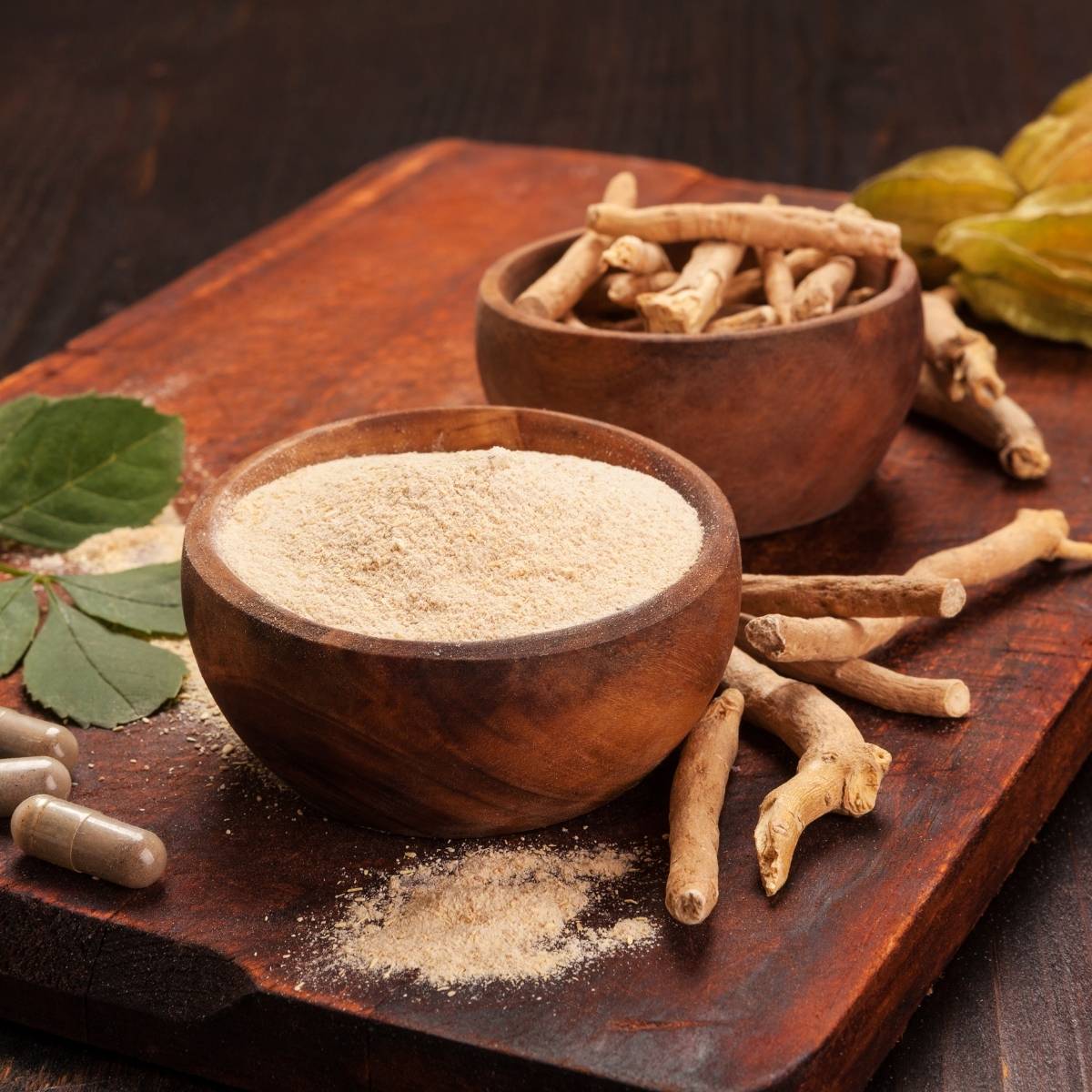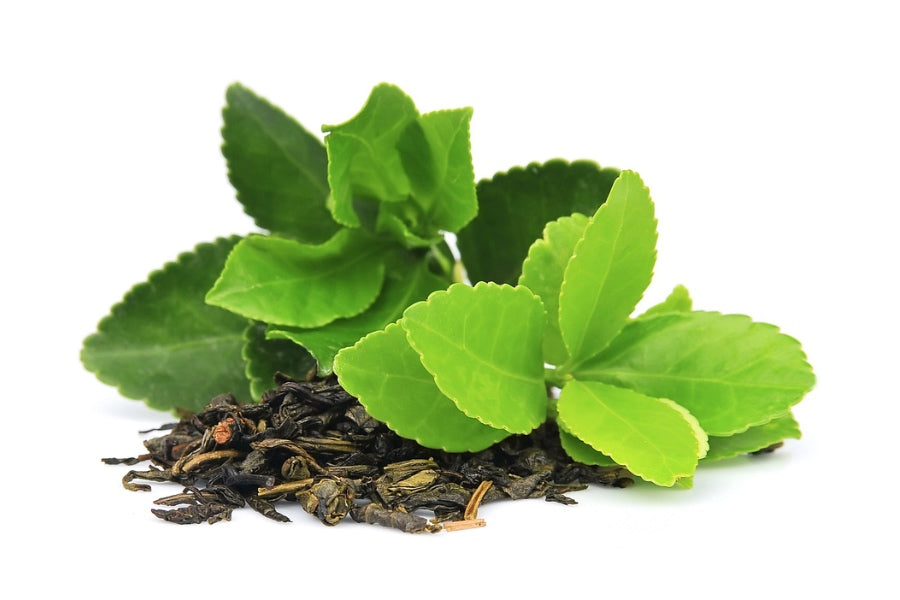In Ayurveda, the ancient art of natural healing practiced for the last six centuries in India, Ashwagandha holds a prominent place of importance. It is said to contain many healing properties when ground into a fine powder and added to water, tea, or condensed into a tablet or oil. In the last few years, this supplement has found its way into Western culture and the anti-oxidizing effects are well known worldwide.
What is Ashwagandha?
Ashwagandha is a shrub that grows in very hot countries like Africa and India and is known for its medicinal qualities when the root is ground up into a fine powder. Ashwagandha has been used for centuries in alternative medicine around the world and is believed to help with a whole array of ailments including chronic inflammation, diabetes, and arthritis. Ashwagandha is known primarily as a mood lifter, but it is also becoming widely known being an antioxidant. When
drunk in a tea or other drink on a regular basis, Ashwagandha can improve the body and mind's performance and help us feel younger, more energetic, and happier.
What is an Antioxidant?
Antioxidants are natural or manmade chemicals that protect the cells from free radicals. Free radicals are produced when your body is exposed to pollution, tobacco smoke, radiation or the breakdown of food in the body. Antioxidants reduce the degeneration of cells from free radicals and are believed to help reverse some of the effects they cause, helping the body fight illness, slow down the aging process, and elevate brain function.
What Are the Benefits of Ashwagandha?
- Aiding anxiety - The most common application of Ashwagandha is to ease anxiety and stress. Stress is thought to advance certain diseases like heart disease and high cholesterol. A popular way to get this benefit is in an anti-anxiety tea, adaptogen drinks or stress relief drink.
- Antioxidant - Ashwagandha is believed to fight the harmful effects of free radicals in the body
- Anti-inflammatory - Studies have shown that Ashwagandha can help with chronic inflammation caused by disease in the body.
- Helping with concentration and memory - Memory and concentration decline with age and it is believed that Ashwagandha can reduce that effect by stopping the degradation of cells.
- Promoting longer lifespan - With all the healing benefits of this shrub, it is widely believed that taking Ashwagandha on a regular basis will improve and prolong your life.
What Does Ashwagandha Do as an Antioxidant?
Studies have shown Ashwagandha to contain high levels of antioxidants that protect cells from degeneration caused by disease, aging, the environment, and lifestyle choices. By using Ashwagandha, test subjects have shown a reduction in cell damage.
Other benefits of using Ashwagandha as an antioxidant include:
Fighting Disease
It is widely believed that Ashwagandha can protect cells from damage by free radicals by working as an antioxidant in the body. Diseases such as heart disease, liver disease, arthritis, diabetes, and other chronic illnesses are made worse by the degeneration of the cells. Ashwagandha slows this down and while it can't cure disease, some believe it can reduce the effects and slow down its progress.
Boosting Brain Activity
Research suggests that memory lapses and lack of concentration can come from aging and the cells breaking down in the brain. The antioxidant effects of Ashwagandha can slow that process down and help improve cognitive abilities such as memory, concentration, and clear thinking. Studies have shown that there is marked improvement in cognitive abilities overall for people who have suffered from a mild cognitive impairment when taking Ashwagandha on a regular basis. In the Ayurvedic branch of medicine, Ashwagandha has been used to make the mind sharper and better able to process information for centuries.
Slowing Down the Ageing Process
While cells are damaged from things like age, lifestyle, environment, and other factors, the antioxidant effects of Ashwagandha can help to reduce the damage caused by free radicals in the body and slow the signs of aging like memory loss, disease, and chronic inflammation.
Whether you are taking Ashwagandha as an anti-anxiety tea, or as a means to reduce inflammation, the antioxidants in this shrub are widely believed to be beneficial. For centuries, alternative medicine has used Ashwagandah to help with all ailments from indigestion to arthritis. Ashwagandah is becoming more popular because of its antioxidant effects on damaged cells and people of all ages are ingesting it regularly. If Ashwagandah has survived 6000 years of alternative medicine, then it must be good for us. If you'd like to test the benefits of ashwagandha for yourself, why not check out our blood orange
ashwagandha beverage?








